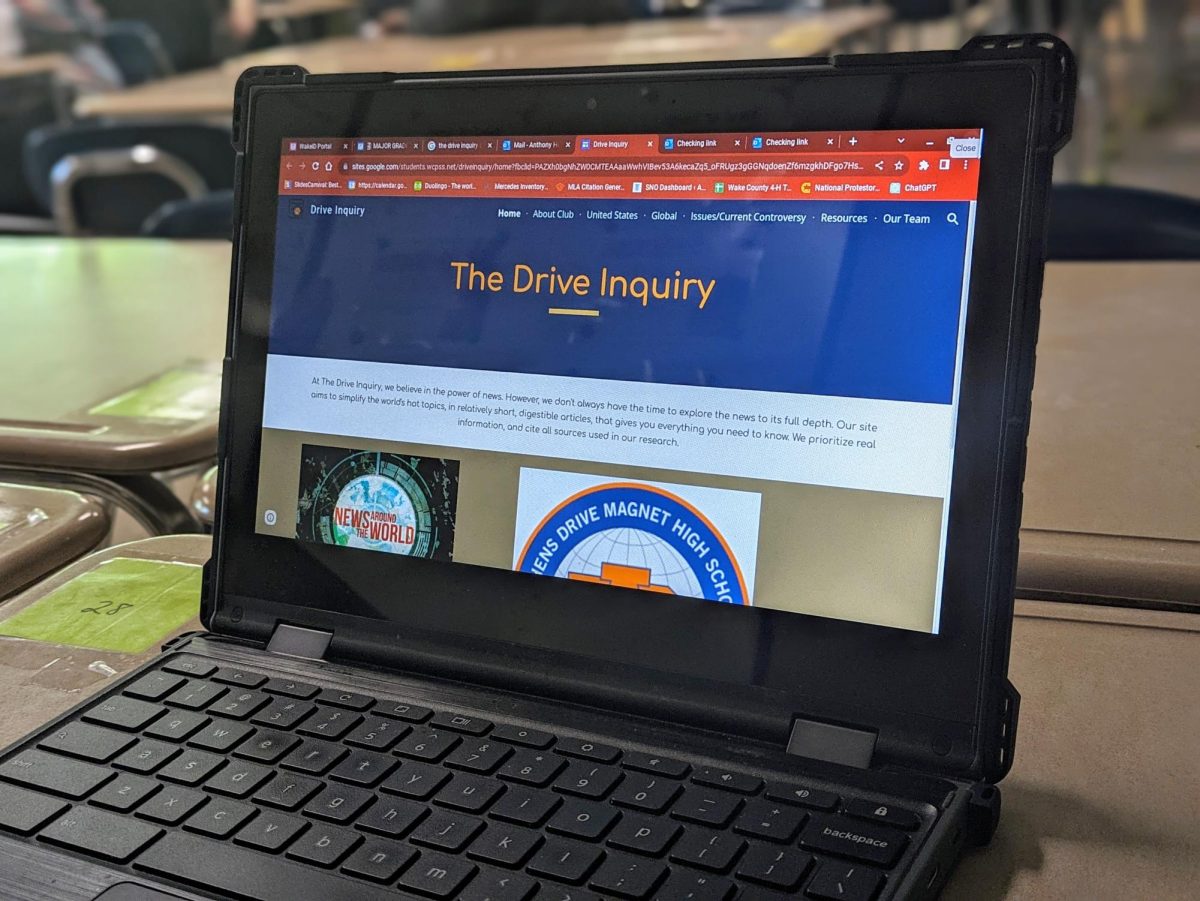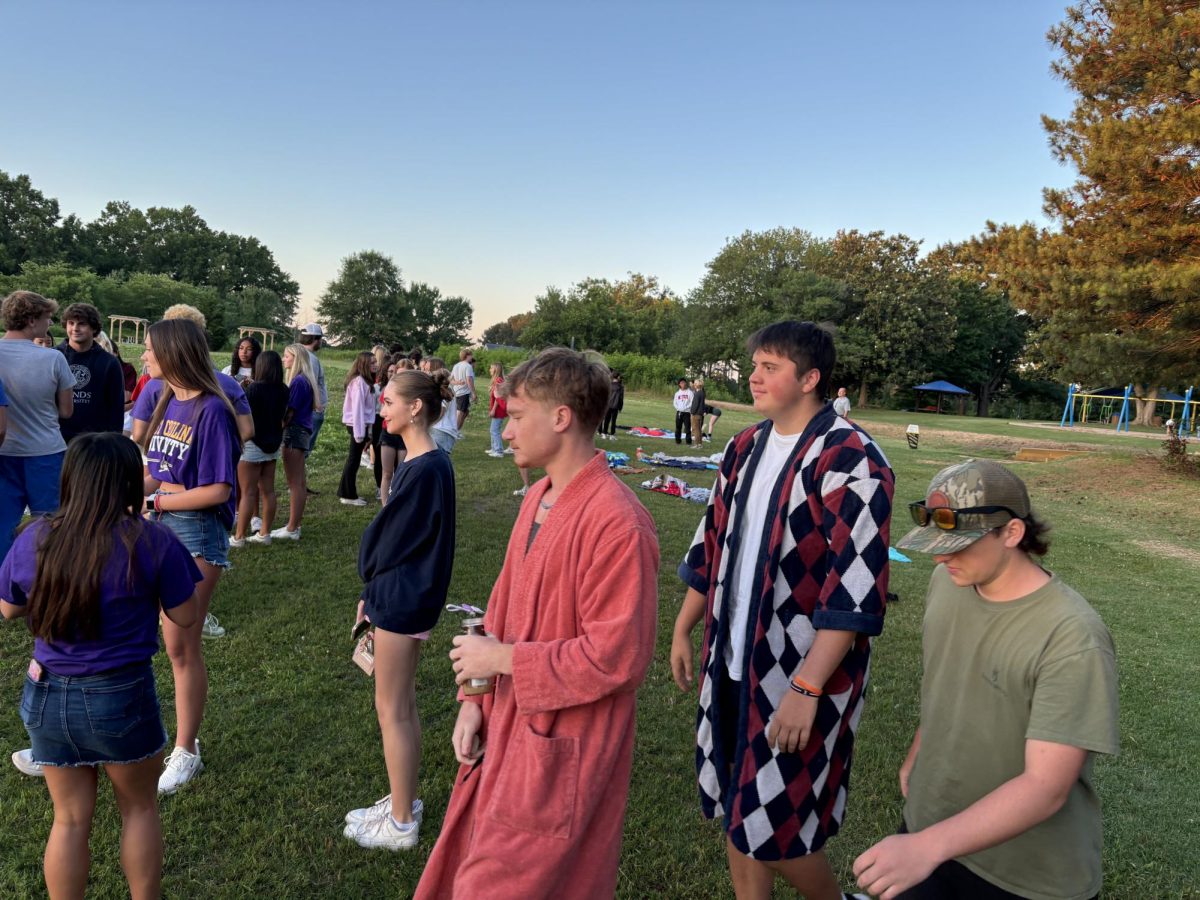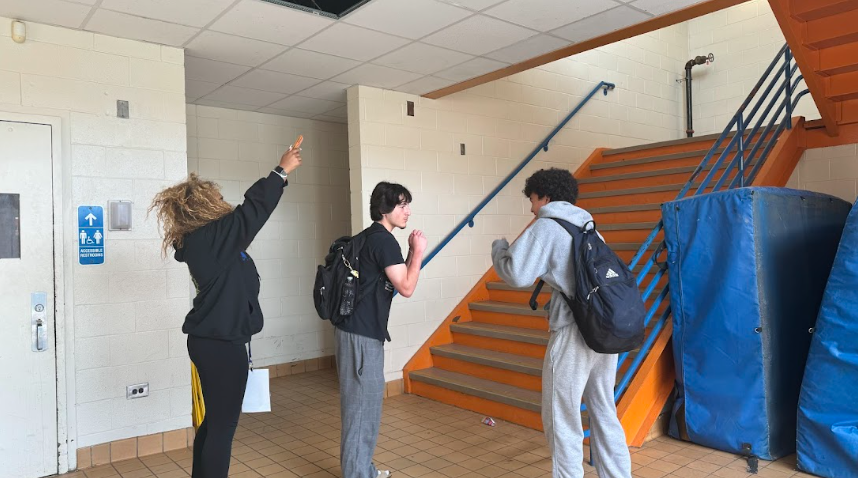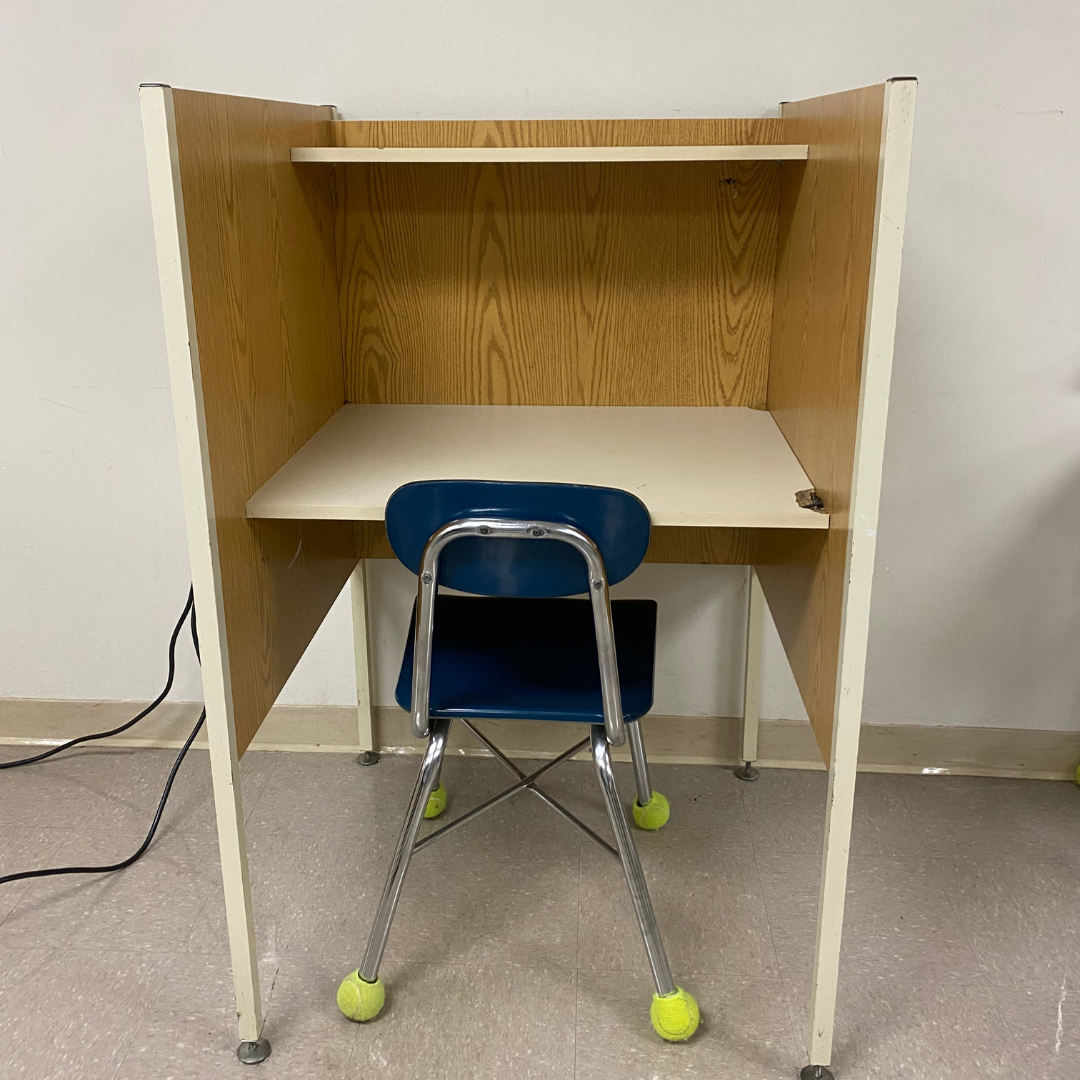The majority of students use Google Drive or another online resource to study or do work, so it should be natural to want to access online content faster. Improving internet speeds is not just for any one service, it’s about streamlining the level between your computer and the internet. It’s not about shortening loading time, it’s about forgetting about it. So why haven’t we already?
The infrastructure that our internet works on uses fiber optic cables to connect neighborhoods and provide internet. Google Fiber has been a hot topic since it was announced, and came to Kansas City, KS offering fiber services for the first time for many people. Fiber optic cables usually only go to the neighborhoods themselves, and then use other mediums to distribute internet connectivity to cut costs. Fiber uses the so called “last mile”, replacing old cables to improve speed. The last mile is where the slowdown happens, and it is also the most expensive to replace, taking up most of the wiring infrastructure.
The average internet speed in the United States is 8.7 megabits per second. To put that in perspective, the average high-definition movie is five gigabytes in size. With the current average internet speed, that would take an hour and 54 minutes at best, with no other internet access. With the projected fiber speeds of one gigabyte per second, it would take five minutes to download an entire HD movie. Speeds like this would change the way we think about downloading. I can hardly count the amount of times I’ve seen how long something would take to download and decided against it.
Still, cable companies refuse to pay the costs to move up to fiber optic internet due to a supposed lack of importance. Currently internet and TV bundle for 50 dollars a month from AT&T U-verse, and the same for Internet from Time Warner. Google Fiber offers one gigabyte per second for 70 dollars a month, or the same speeds there are now with no monthly fee. With the movement from TV and phone plans to internet based alternative such as netflix, companies adding TV or phone to your bill seems like a needless addition.
Currently, Cary and Raleigh are both prospective cities for Google Fiber expansion as per their website at fiber.google.com/about/, which also contains information about rates and speeds.











